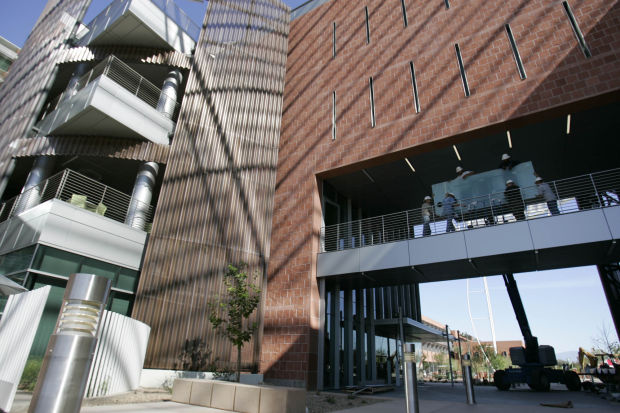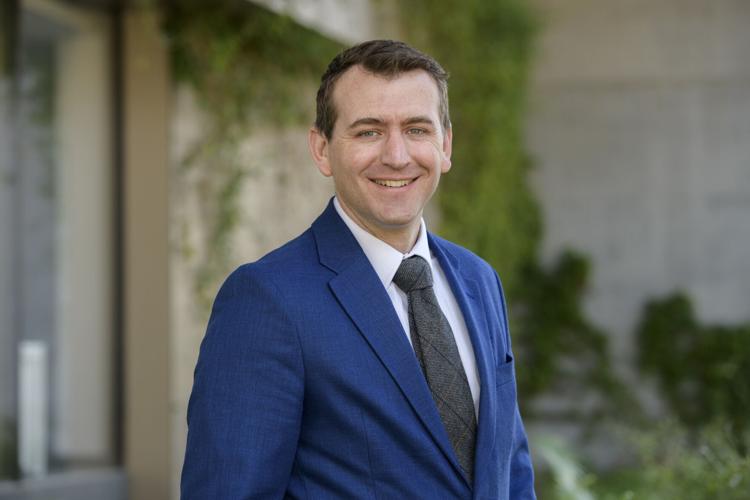How’s it growing folks?! Welcome back to another new episode of Here Weed Go!, the podcast issuing a public health message that it’s just a matter of time before marijuana makes its way into your life!
So, in the age of the pandemic, this podcast is of the belief that knowledge, when paired with good data, is power. That logic applies to public health initiatives as well.
In the case of marijuana and other recreational drugs, however, patients and consumers within those communities and industries are rightfully skeptical of public health programs and initiatives.
And who can blame them? Look at the infamous DARE program of the late 80s and 90s. Two generations of school children and young adults were given the “Just Say No” talk taught to lump cannabis into the same category as much harder substances when it came to consequences and health detriments.
And those consequences, when they weren’t coming in the form of unfair and unjust criminal charges (usually worse for minorities), were usually overexaggerated when it came to physical and health related effects.
Still, it’s disingenuous to suggest that consuming cannabis, especially habitually, is all rainbows, lollipops and thumbs up from your doctor for a clean bill of health.
For some people, there are health- and psychological-related risks and issues that come with cannabis consumption. But it’s not like the over-dose fears drilled into third graders during their after recess DARE session.
To help talk to me about what a modern, state-sponsored and funded public health campaign aimed at educating the public about marijuana usage, Here Weed Go! spoke with Dr. Benjamin Brady director of education and policy initiatives at the University of Arizona's Comprehensive Pain and Addiction Center.

Dr. Benjamin Brady, director of education and policy initiatives at the University of Arizona's Comprehensive Pain and Addiction Center.
The Center was the recipient of a $1 million grant from the Arizona Department of Health Services, the state agency in charge of regulating marijuana, to develop a program that promotes awareness and respect for Arizona’s marijuana laws and to encourage responsible use of cannabis.
You can read more about the grant in host Eddie Celaya's story on TucsonMarijuanaGuide.com, but in there conversation, Dr. Brady clears the smoke around what a public health campaign created around marijuana usage should sound and look like in this day and age, how public health education has evolved since Nancy Regan smashed those eggs, and just how he and his colleagues will be able to measure if the public has finally wised up when it comes to weed.
MORE INFO
For more on Dr. Benjamin Brady: https://publichealth.arizona.edu/directory/benjamin-brady
For more on University of Arizona's Comprehensive Pain and Addiction Center: https://cpac.arizona.edu/
For more on the $1 million grant to CPAC from the Arizona Department of Health Services: https://thisistucson.com/marijuana/ua-pain-center-wins-1-million-grant-from-state-for-new-cannabis-education-program/article_fd433883-34ac-57a9-940b-4a033ca7a8a1.html
For more Here Weed Go! podcast episodes: https://omny.fm/shows/here-weed-go
To subscribe to the Here Weed Go! Southern Arizona Newsletter: http://tucne.ws/hereweedgo





